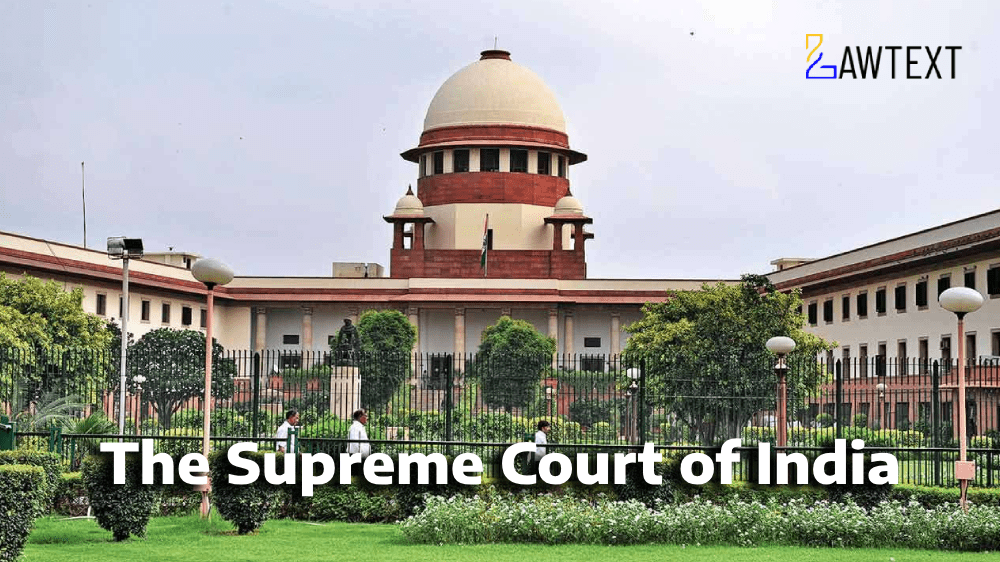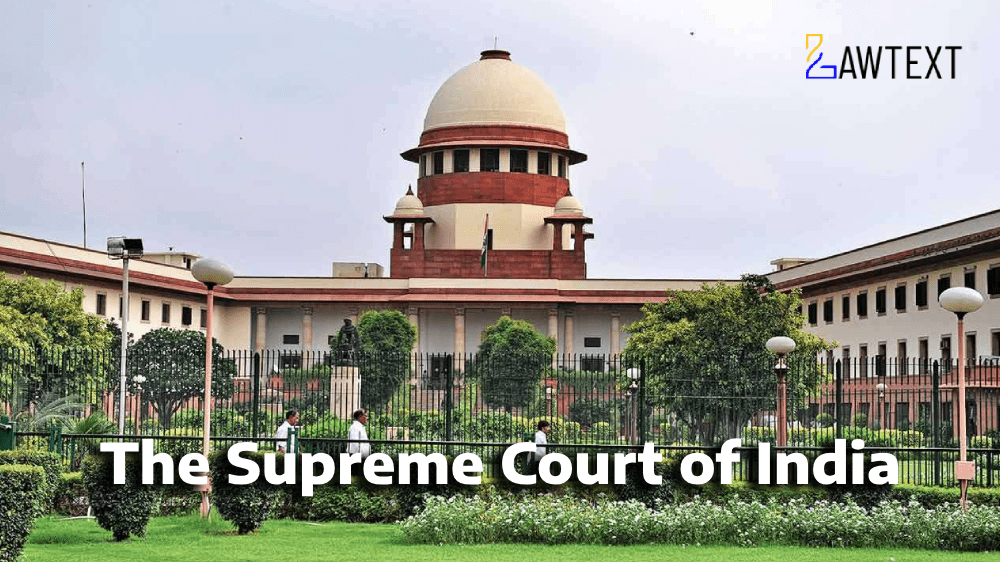Case Note & Summary
The Supreme Court set aside a judgment of the Gujarat High Court where the court had failed to provide a timely reasoned judgment, allegedly backdating it. The Supreme Court emphasized that judgments must be promptly delivered, with reasons following within an acceptable period, to ensure judicial transparency and prevent injustice.
1. Introduction & Judicial Misconduct (Para 1-4)The Supreme Court addressed recent instances where judges failed to uphold judicial standards, such as delaying judgments and issuing orders after leaving office. This case follows such a disturbing trend, requiring scrutiny.
2. Balaji Baliram Mupade Precedent (Para 5-6)The court referenced Balaji Baliram Mupade v. State of Maharashtra to stress the importance of prompt judgments, noting the consequences of delayed reasoning. The delay impedes the right to challenge and defeats the purpose of timely justice.
3. Factual Background (Para 7-11)The appellants had challenged an order of the Deputy Collector, which was dismissed by the Gujarat High Court on 1st March 2023. However, the reasoning was only uploaded in April 2024, raising allegations that the judgment had been improperly backdated.
4. Evidence of Ante-Dating (Para 12-14)The court confirmed, based on evidence, that the Gujarat High Court judge dictated reasons over a year after pronouncing the dismissal. The court scrutinized this delay and the procedural errors involved, raising concerns over judicial propriety.
5. Judicial Ethics and Duty (Para 15-18)The court observed that the judge should have recalled the dismissal order and referred the case for fresh consideration instead of breaching judicial ethics by delivering a reasoned judgment post-facto.
6. The Importance of Prompt Judgments (Para 19-20)The Supreme Court emphasized the need for judgments to be promptly delivered, with reasons following within a reasonable time frame. Delays, especially in delivering reasons after the order is pronounced, erode trust in the judiciary.
7. Conclusion and Remedy (Para 21-26)The Supreme Court set aside the High Court's judgment, reviving the appellant’s petition and directing the Gujarat HC to hear the case afresh without any influence from the earlier judgment.
Acts and Sections Discussed: Article 141 of the Constitution of India: Binding nature of Supreme Court decisions. Order XX of the Code of Civil Procedure, 1908: Rules regarding the pronouncement of judgments. Article 21 of the Constitution: The right to a speedy trial. Ratio Decidendi:The ratio revolves around the critical principle that justice must be timely, transparent, and free from procedural errors such as delayed reasoning. The court reinforced that procedural errors, especially ante-dating judgments, compromise the integrity of the judiciary, and every effort should be made to maintain judicial discipline.
Subjects:Judicial Discipline, Procedural Fairness, Ethics in Judiciary
Judicial Delay, Ante-dating Judgments, Civil Procedure, High Court Judgment
Issue of Consideration: RATILAL JHAVERBHAI PARMAR AND ORS. VERSUS STATE OF GUJARAT AND ORS.
Premium Content
The Issue of Consideration is only available to subscribed members.
Subscribe Now to access critical case issues







